백일의 낭군님 AKA 100 Days My Prince
- 7.8
- Romance
- 2018
- 1h
- TV-G
a beautifully crafted South Korean historical romance drama starring Do Kyung-soo (D.O. of EXO) and Nam Ji-hyun. Blending love, political intrigue, humor, and royal tension, this K-drama follows Crown Prince Lee Yul, who loses his memory and lives as a commoner, and Hong Shim, a resilient village woman. With themes of love, destiny, power, and identity, it has become one of the highest-rated Korean dramas in cable television history.

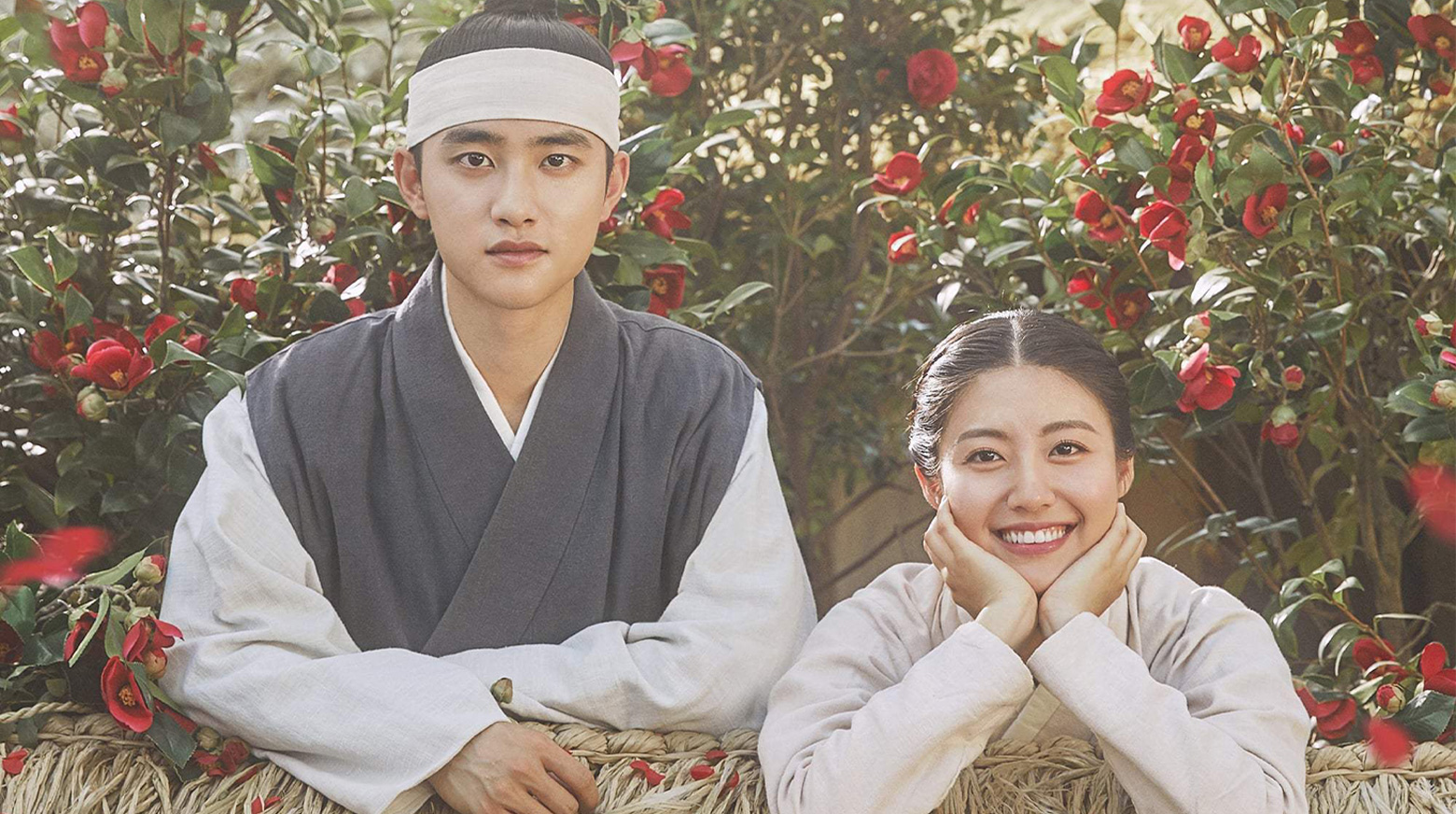
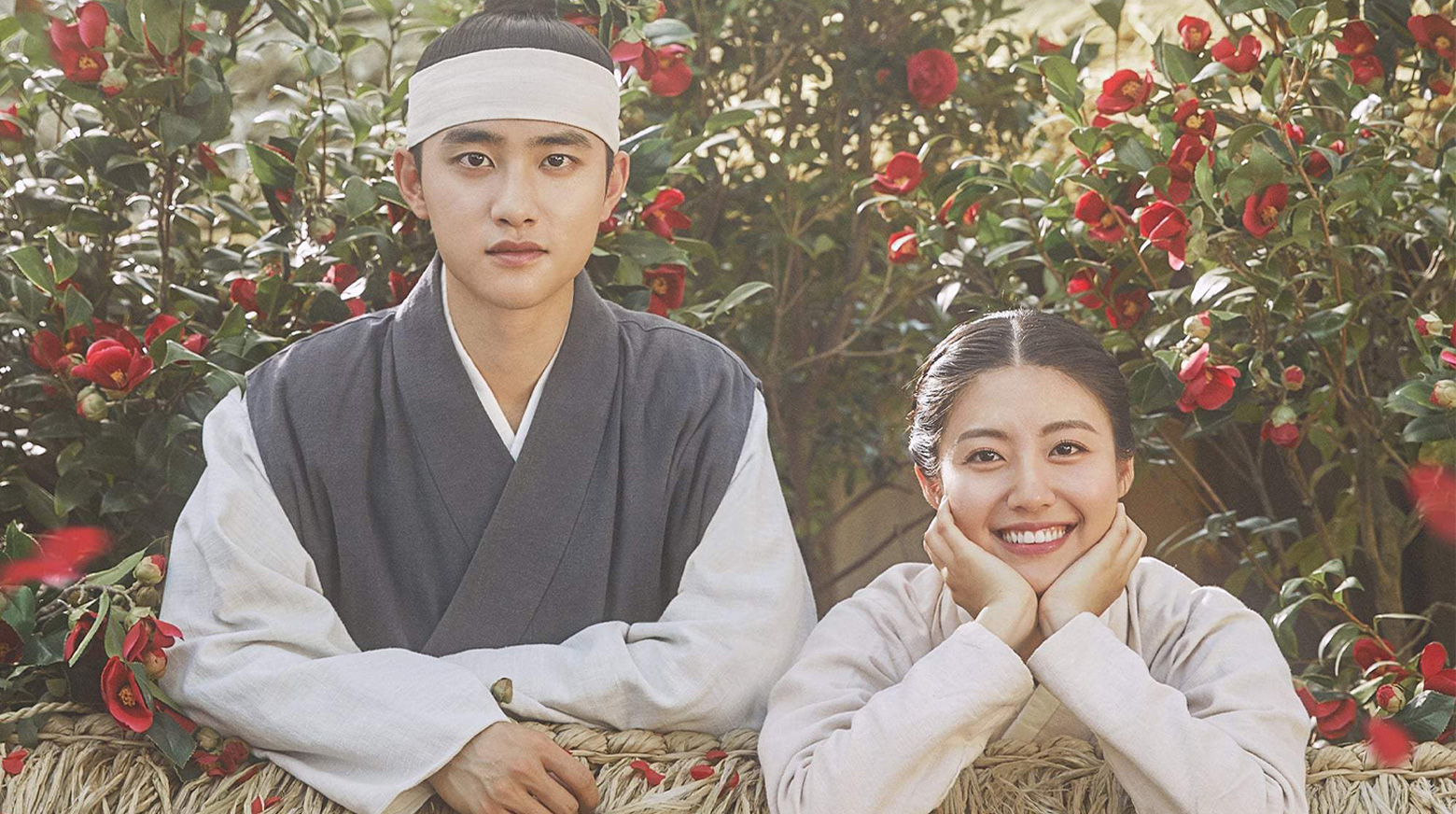
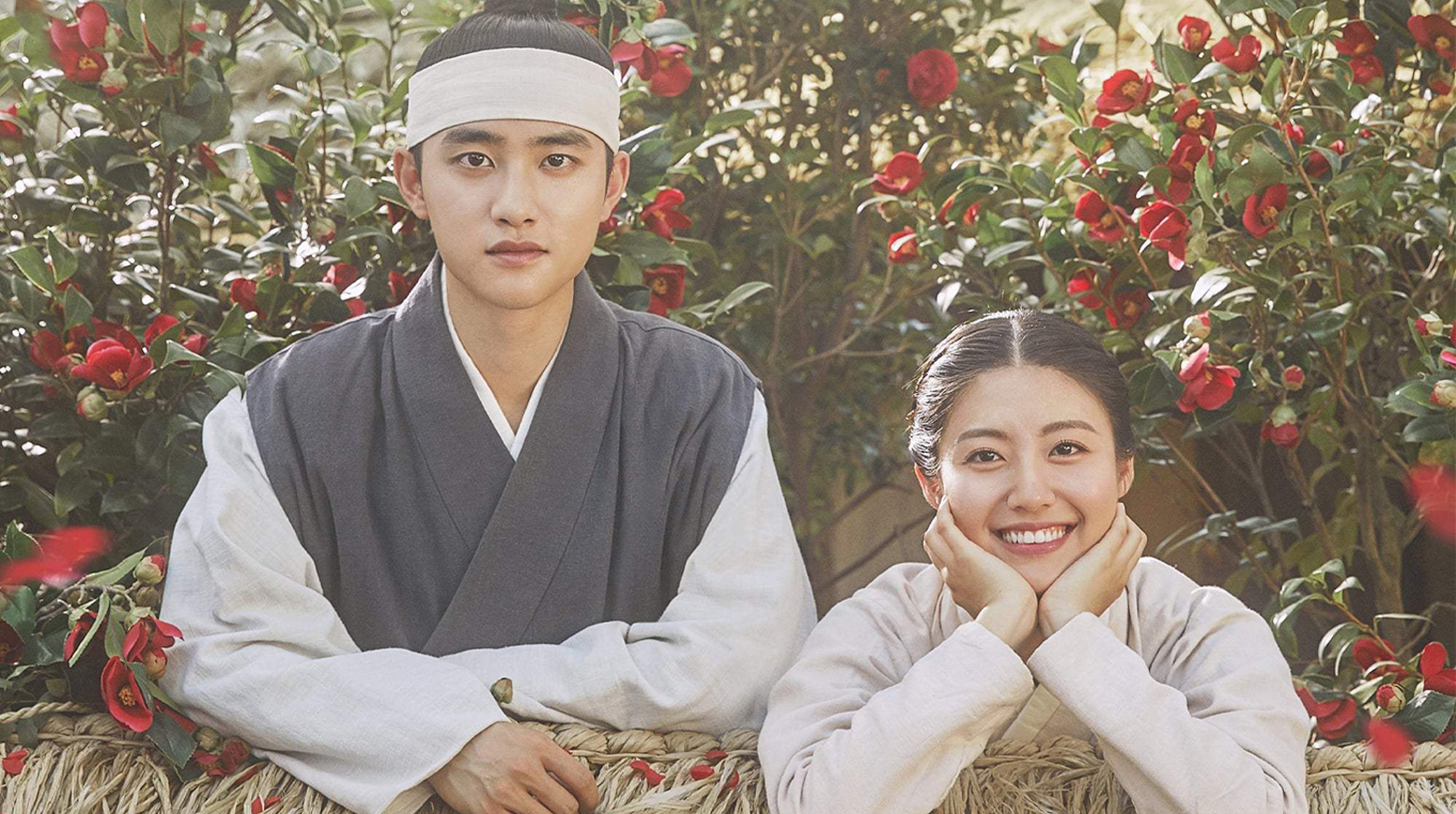
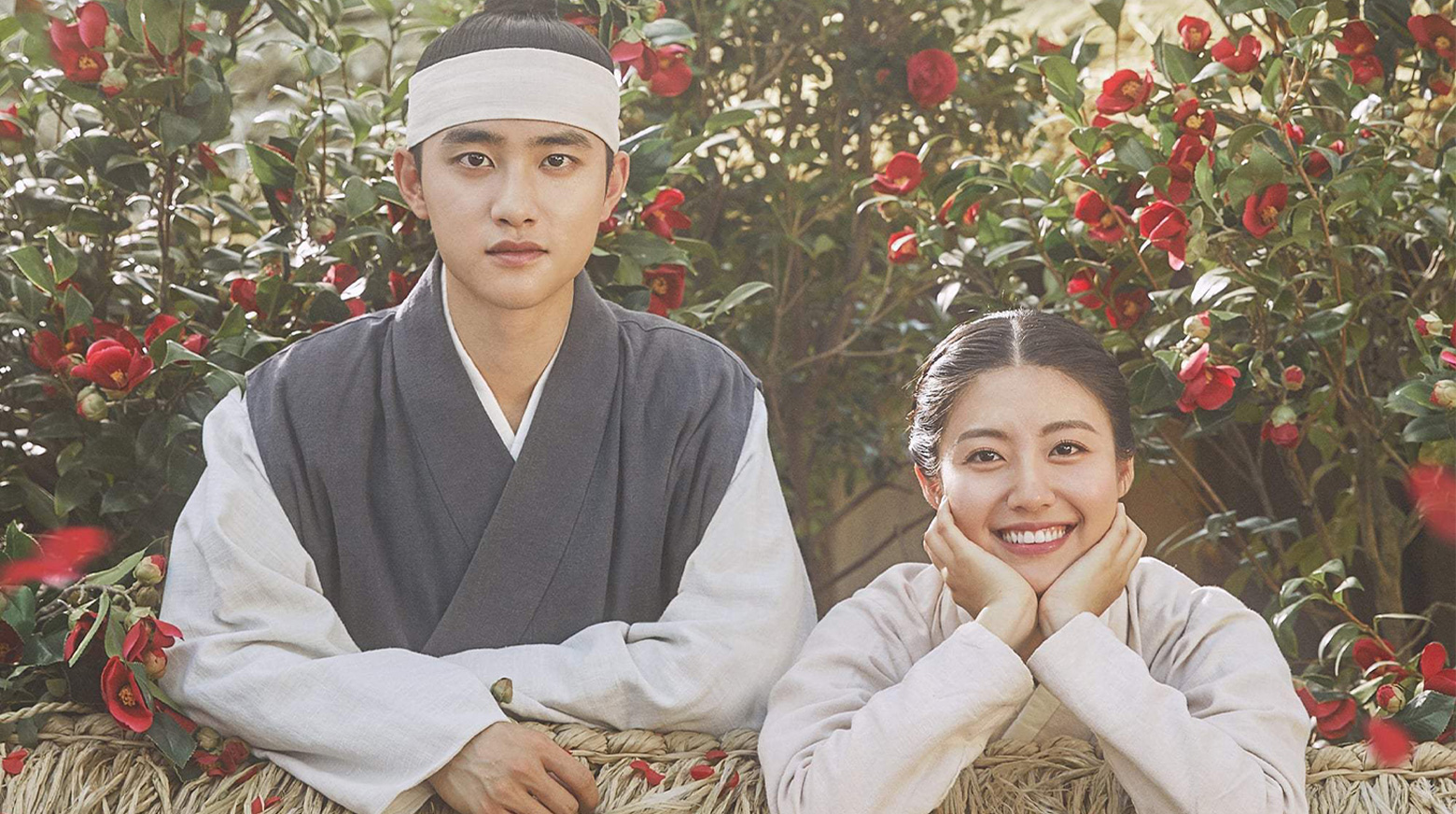
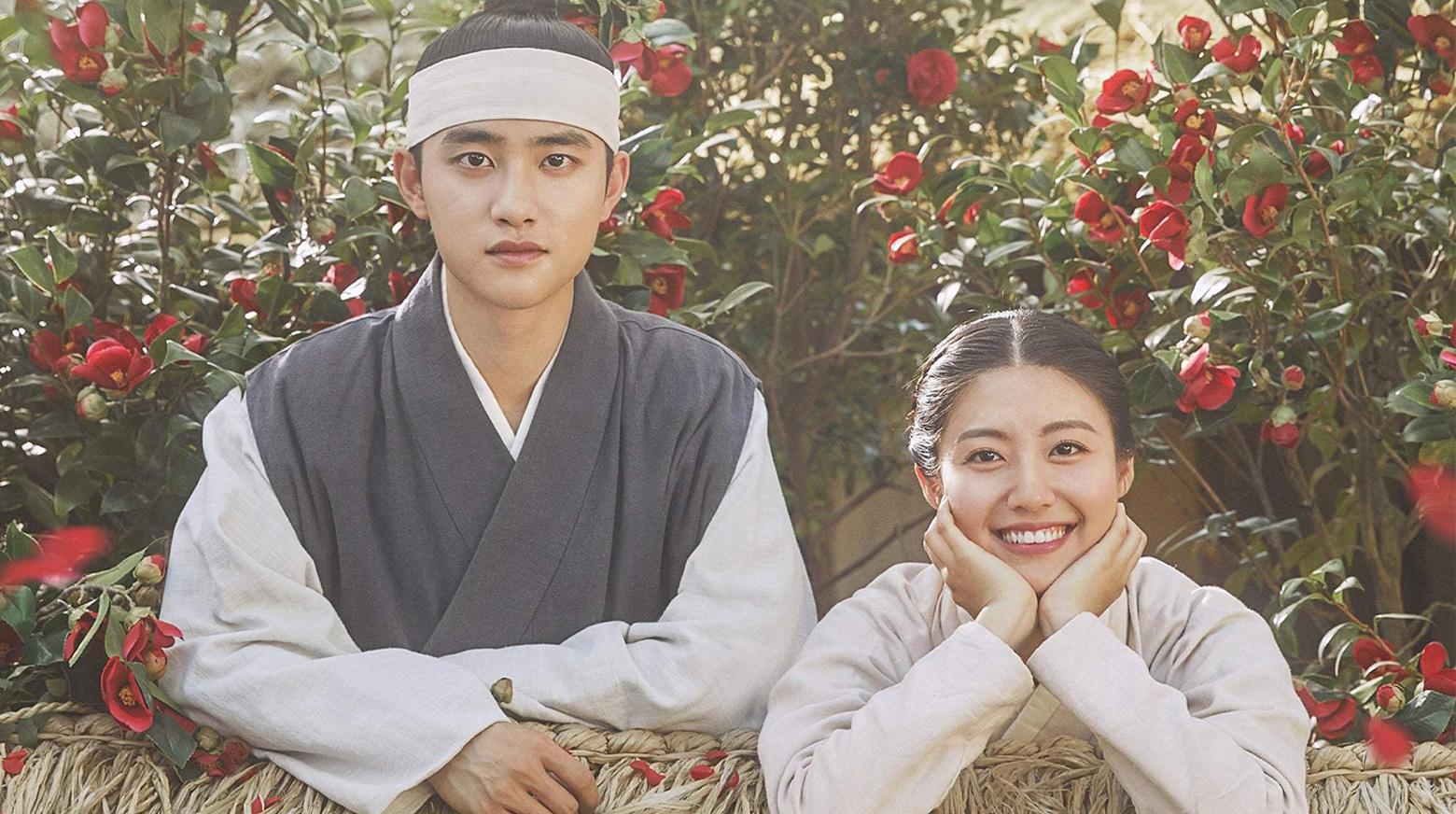
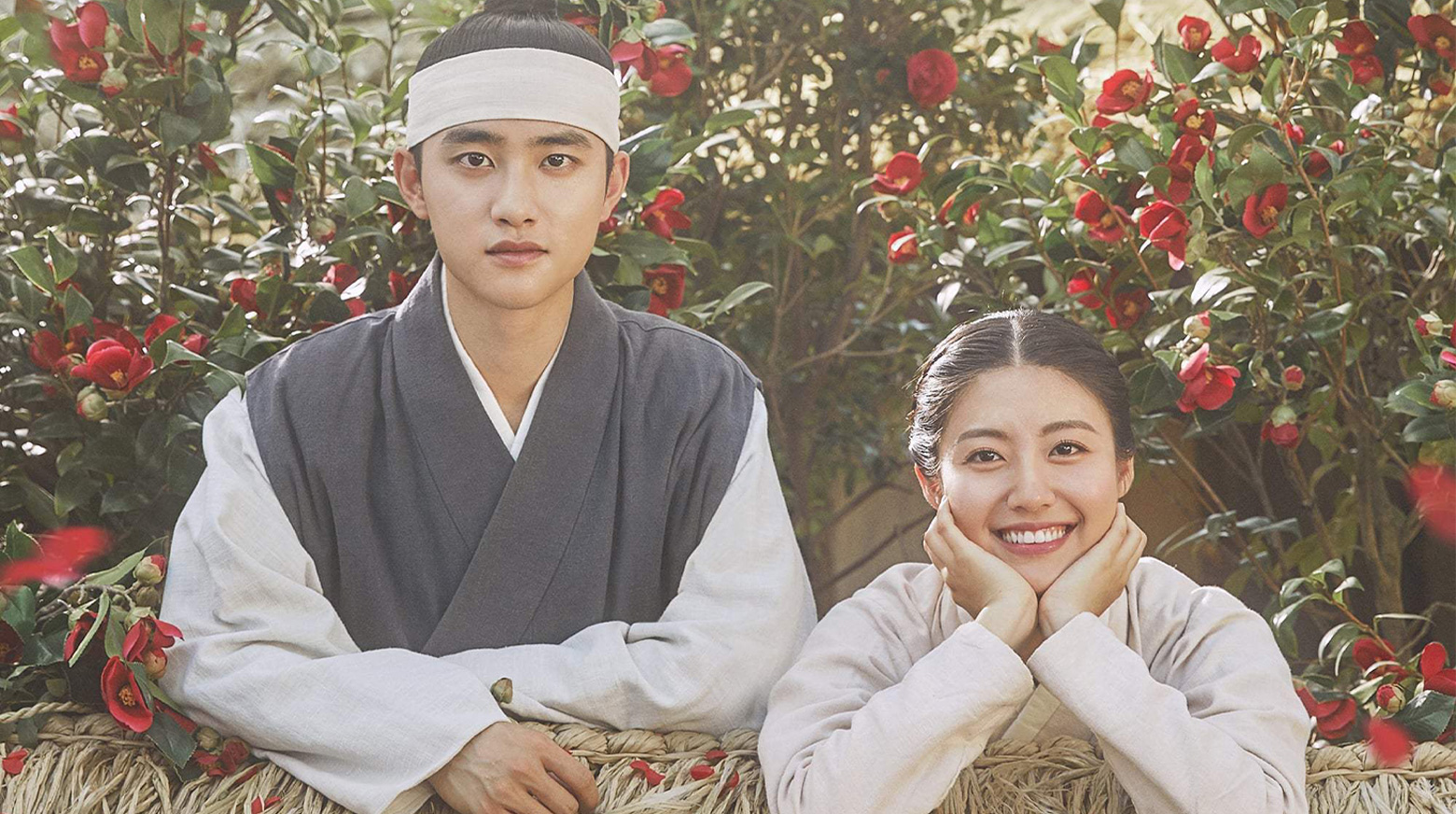
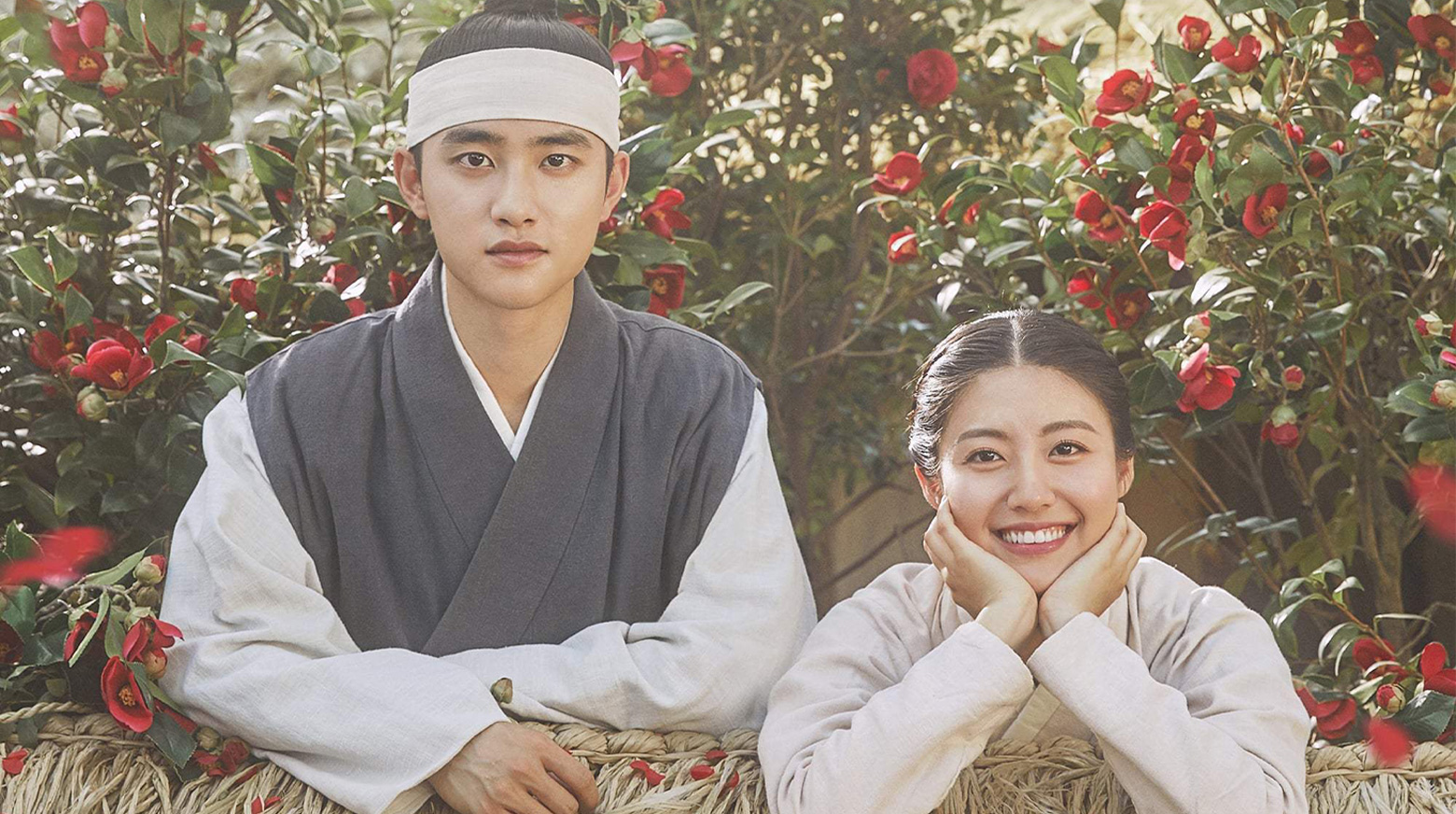
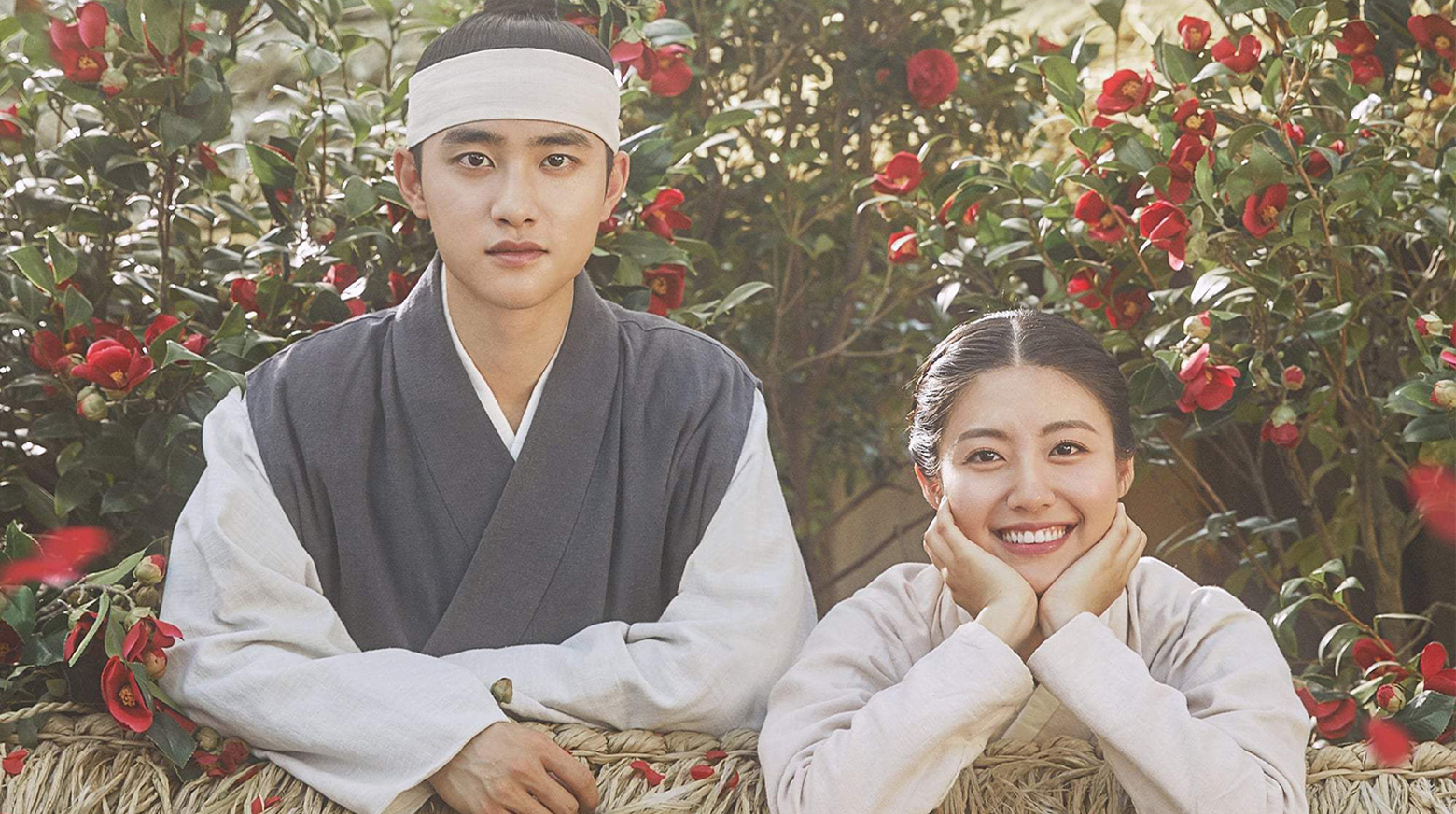
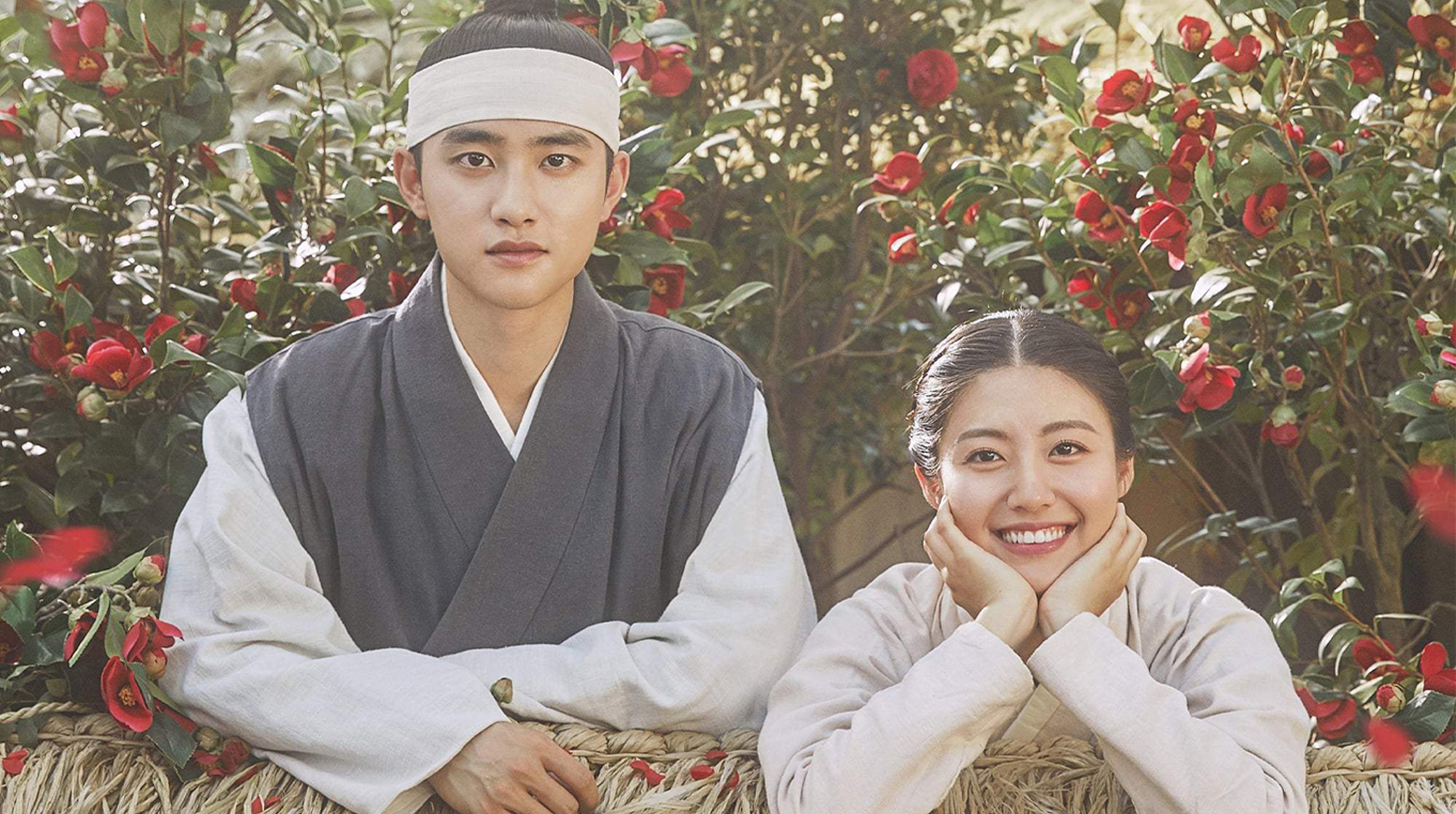
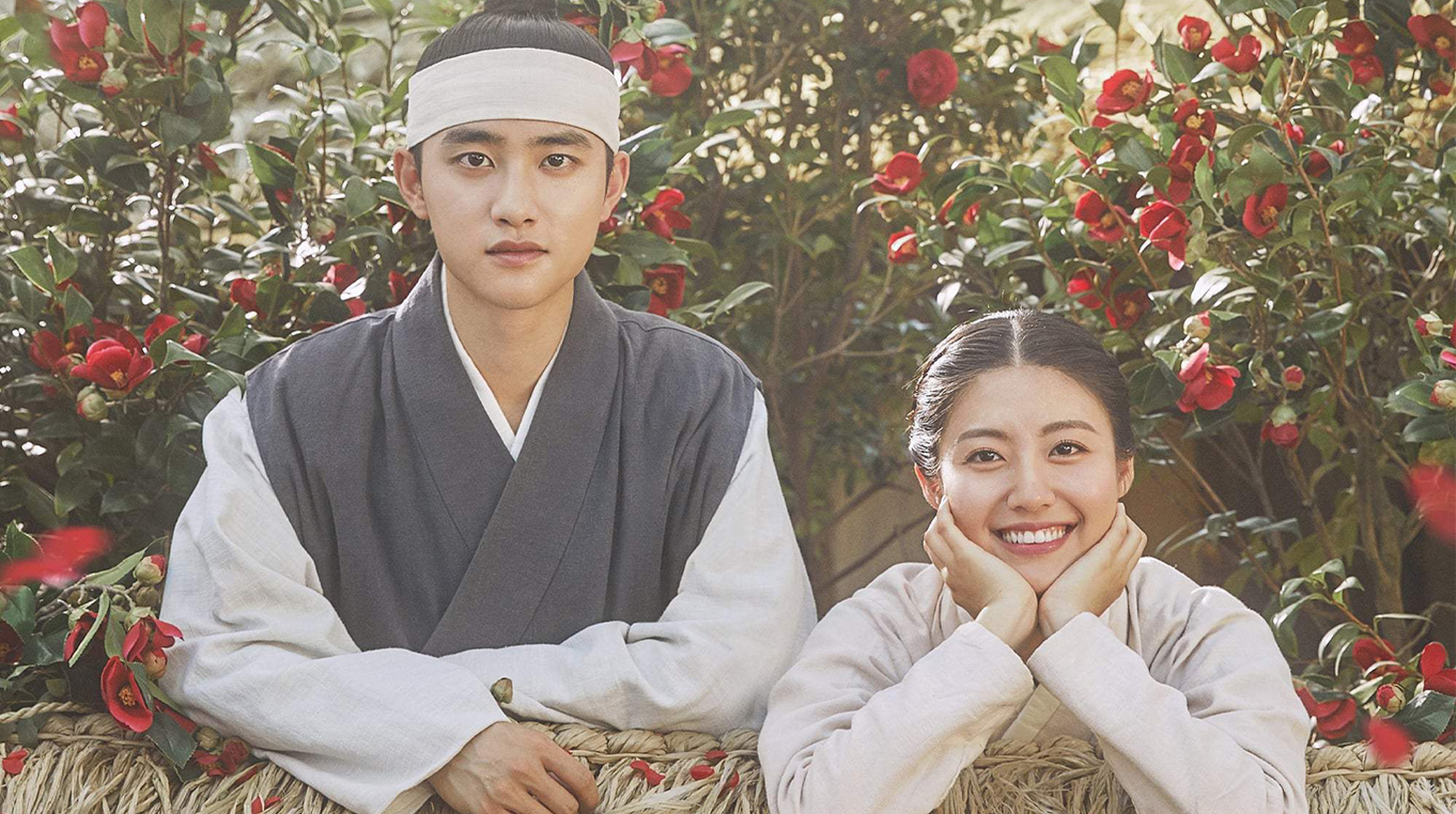
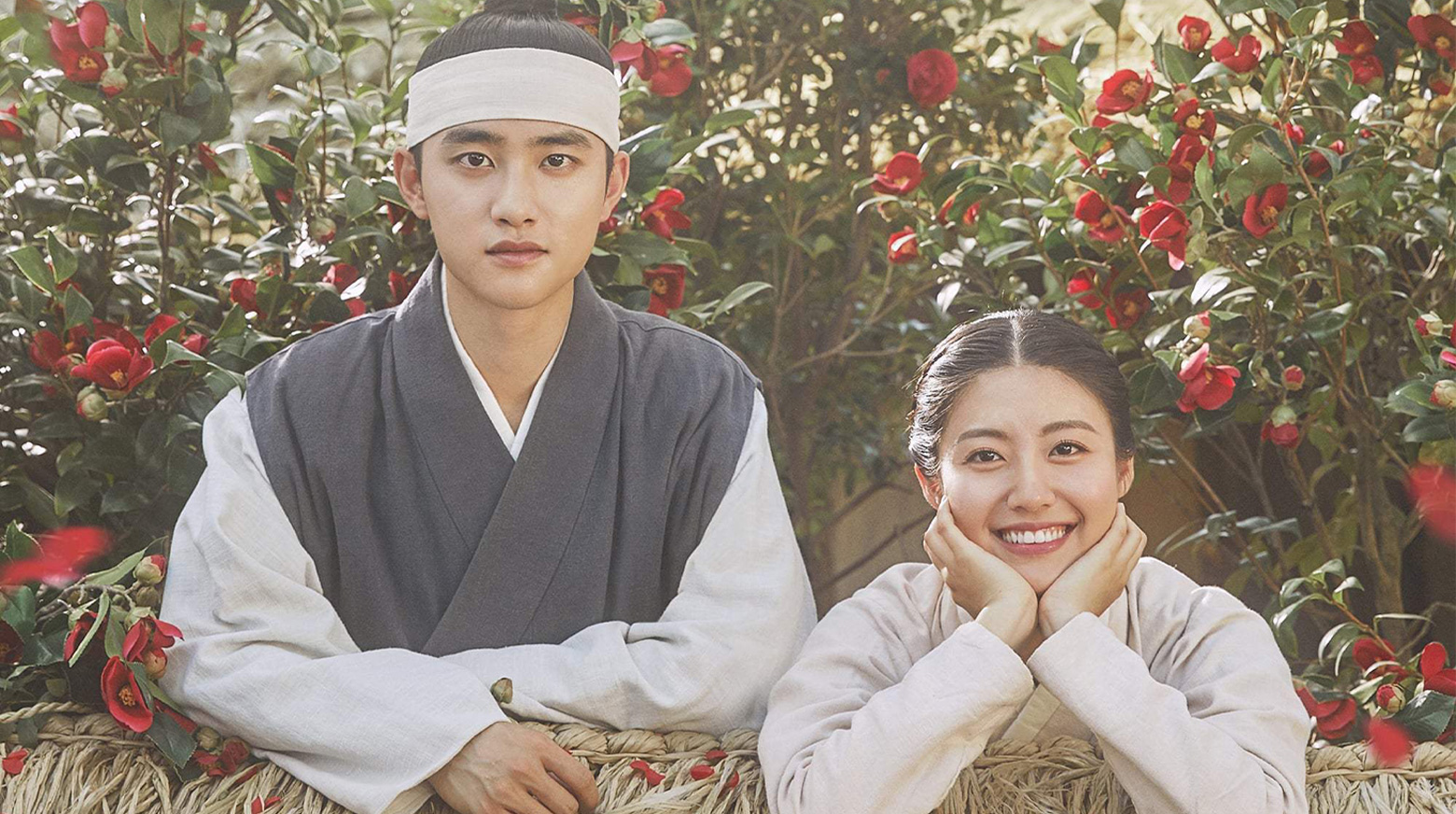
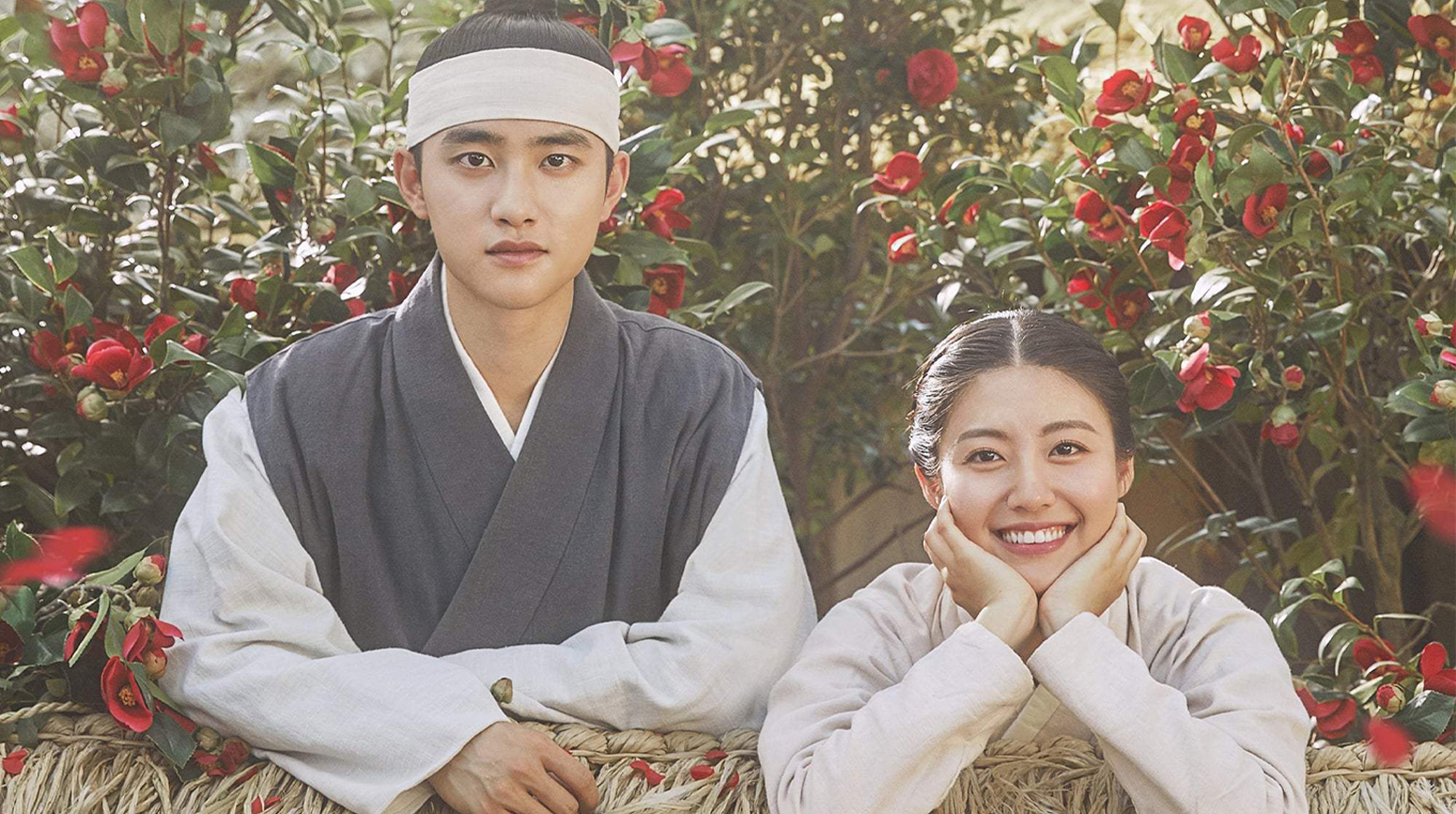
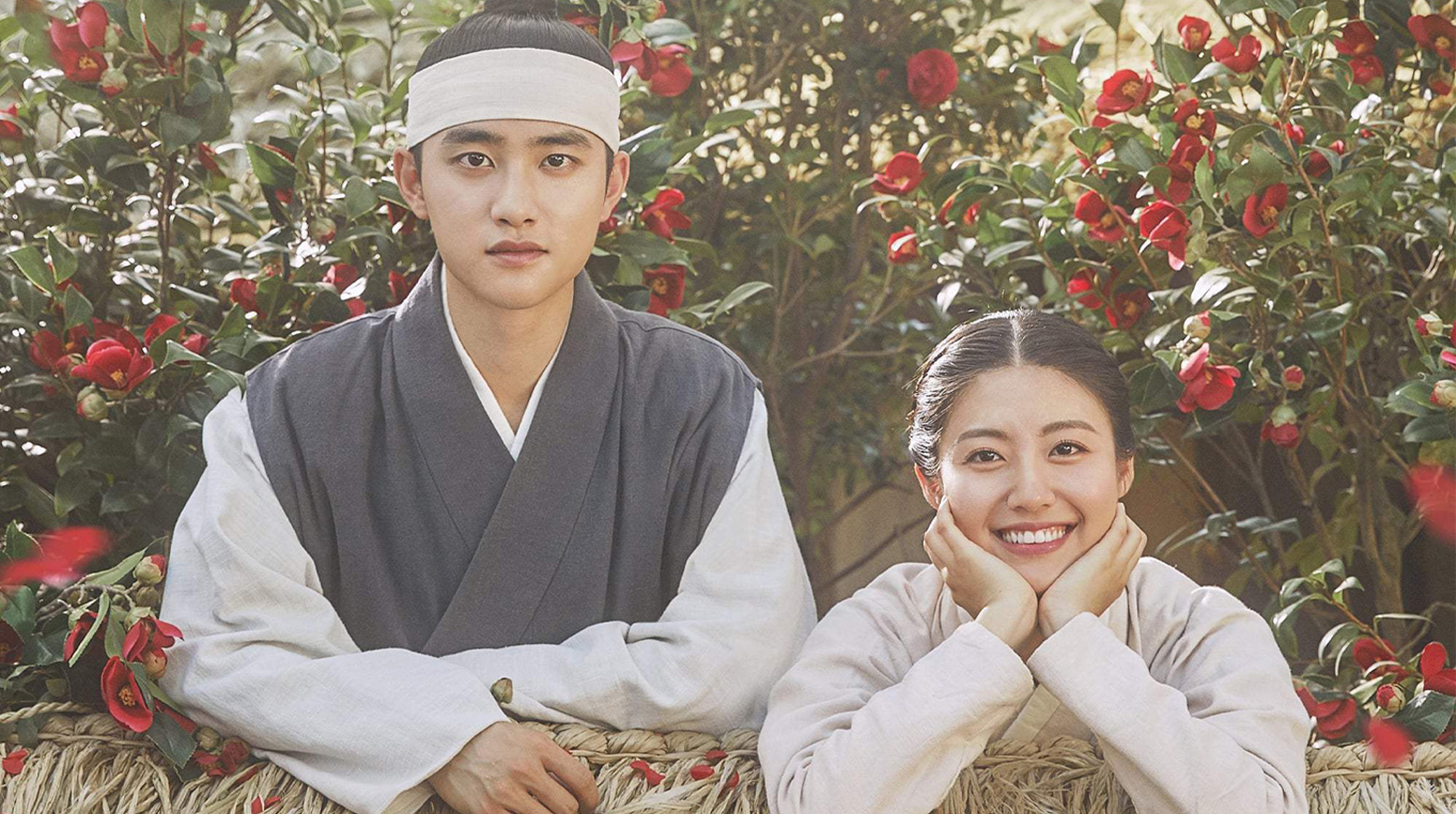
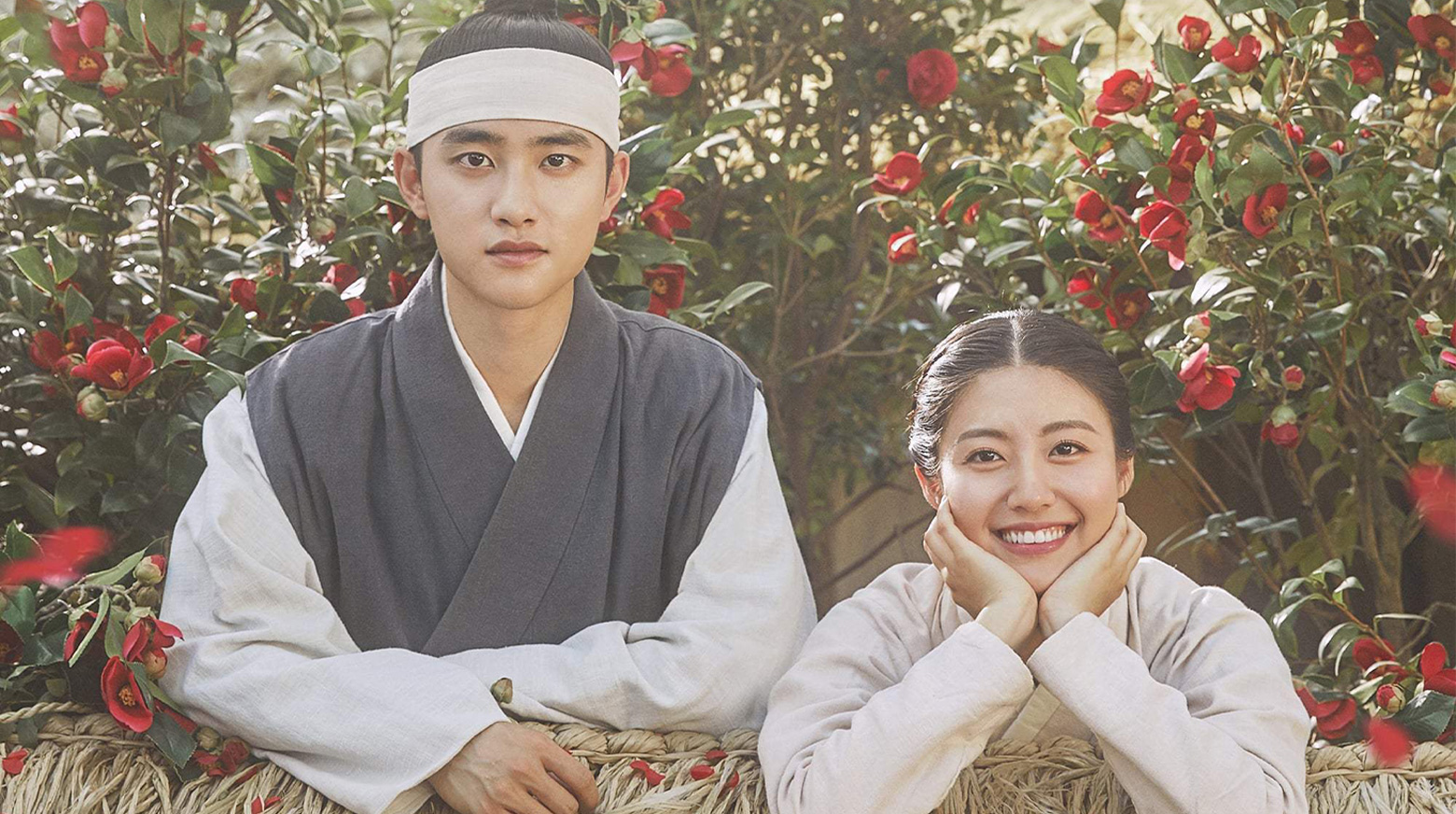

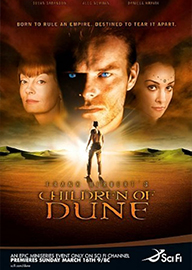
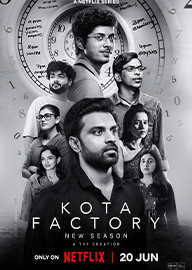









Comments
0Reviews
0Summery
1Please sign in to comment.
Please sign in to review.
100 Days My Prince (2018) unfolds as a richly layered historical romance that seamlessly blends humor, palace intrigue, and the timeless themes of love and identity, beginning with Crown Prince Lee Yul, a man shaped by trauma and distance. From his childhood, Yul is portrayed as a bright and compassionate boy, but his life changes irreparably when political ambition leads to the violent overthrow of his family, orchestrated by his father’s rise to power with the help of ruthless allies. Though he survives and eventually becomes Crown Prince, the scars of betrayal and the weight of expectations forge him into a cold, distant, and perfection-driven royal who hides his pain beneath icy formality. His insistence on perfection and his sharp tongue make him unpopular at court, and he is emotionally isolated despite his status. His marriage to the prime minister’s daughter, Kim So-hye, is more of a political arrangement than a genuine union, leaving him trapped in a loveless bond. Yul grows increasingly weary of palace politics, even as assassins lurk in the shadows, waiting for a chance to take his life.
The central turning point occurs when Yul is attacked and narrowly escapes assassination. Gravely injured, he is rescued by villagers who mistake him for an ordinary man. Stripped of his memory due to head trauma, he is reborn temporarily as “Na Won-deuk,” an unremarkable commoner with no knowledge of his royal lineage. This shift in perspective becomes the heart of the drama, as the proud, perfectionist prince must now adapt to the realities of rural life, experiencing hardship, poverty, and human connection in ways he never had before. His journey collides with Hong Shim, a strong-willed and intelligent woman who has managed to survive in a harsh and unforgiving society by concealing her identity. She is, in fact, Yul’s childhood friend Yi-seo, who also lost everything when Yul’s father and political allies seized power. Now living under a false identity, she is regarded as the oldest unmarried woman in the village, and societal pressure mounts on her to wed. When Yul appears without memory, local officials hastily arrange their marriage, believing that fulfilling a decree he had ironically issued as Crown Prince—that all men and women of marriageable age must wed—will solve the problem.
Their relationship begins with comedic clashes, as Yul, once accustomed to palace luxuries, struggles hilariously to perform even the simplest tasks of peasant life. His inability to chop wood, plow fields, or adapt to the lack of refinement paints him as absurd in the eyes of the villagers, yet his intelligence, pride, and stubbornness slowly earn reluctant respect. Hong Shim, practical and resilient, is both exasperated by his incompetence and strangely drawn to his sincerity and innate kindness, which occasionally shines through his aloof demeanor. Their dynamic grows from reluctant partnership to tender companionship, reflecting the timeless theme of love that blossoms in the unlikeliest circumstances. Meanwhile, the palace continues to unravel in Yul’s absence. The prime minister schemes to tighten his grip on power, manipulating his daughter So-hye and orchestrating deadly plots against those who threaten his dominance. Secondary characters such as Kim Seon, the clever and observant magistrate, add richness to the unfolding story, weaving humor and intrigue into the drama’s tapestry. Kim Seon, in particular, provides levity with his witty remarks, but also depth as he represents integrity within a corrupted system.
As Yul and Hong Shim grow closer, their chemistry becomes undeniable. Even without his memories, Yul is subconsciously drawn to her, feeling a deep connection that transcends his current identity. Hong Shim, equally, senses something familiar in him but cannot reconcile it with her knowledge of the dangers surrounding his true identity. Their romance is tender, bittersweet, and marked by quiet moments of trust and vulnerability that contrast sharply with the violence and schemes of the palace. When Yul’s identity is finally revealed and his memories return, the story shifts into high-stakes territory. He must reconcile his rediscovered role as Crown Prince with his love for Hong Shim, whose real identity as Yi-seo makes their bond even more tragic. Palace politics tighten their grip, and Yul is once again ensnared in the suffocating duties of royalty. Yet his time as Won-deuk has transformed him, allowing him to see the humanity of his people and the emptiness of unchecked ambition. This growth empowers him to stand against corruption, confront his father’s bloody legacy, and challenge the manipulations of the prime minister.
The latter episodes of the drama heighten the tension between love and duty, as Yul and Hong Shim navigate the near impossibility of their relationship. They face betrayal, threats, and heartbreak, but their bond—rooted in destiny and shared history—remains a beacon of hope. The finale encapsulates the drama’s themes of identity, resilience, and the power of love to endure even in the face of overwhelming obstacles. Whether they can remain together is left to the bittersweet resolution, which underscores that love, once awakened, leaves an indelible mark on the soul, even if circumstances conspire against it. Beyond the central romance, 100 Days My Prince explores larger themes of class, gender, and political corruption. It juxtaposes the lives of peasants and royals, exposing the injustices of feudal society while highlighting the resilience of ordinary people. It also critiques the destructive nature of ambition and greed, embodied in the manipulations of the prime minister and the coldness of court politics. Hong Shim’s character offers a powerful portrayal of female resilience in a patriarchal society, while Yul’s transformation illustrates the possibility of empathy and change, even in the most unlikely individuals.
The cinematography, costumes, and music enhance the story’s impact, with lush depictions of rural landscapes contrasting sharply with the sterile grandeur of the palace. The OST deepens the emotional resonance, capturing both the humor of Yul’s struggles and the aching poignancy of his and Hong Shim’s romance. Ultimately, 100 Days My Prince succeeds as both an engaging love story and a sharp commentary on power, duty, and human connection. Its combination of humor, romance, and political intrigue creates a timeless narrative that resonates across cultures. With Do Kyung-soo’s compelling performance as the aloof yet vulnerable Yul and Nam Ji-hyun’s heartfelt portrayal of Hong Shim, the drama captures the essence of a love story that is at once personal and universal.